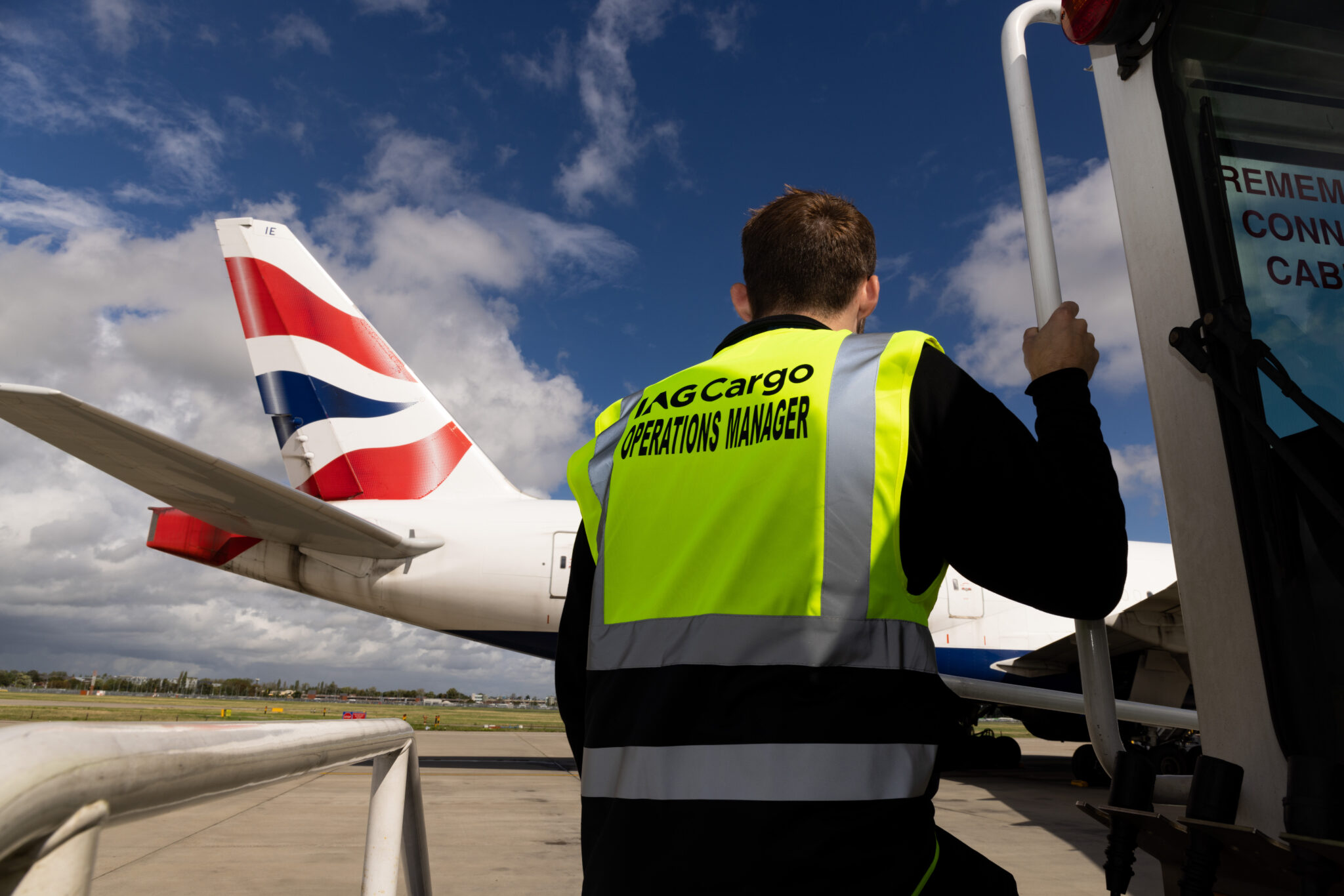Fraudulent strategies can prove extremely profitable to the international criminal fraternity and the global supply chain is typically low risk due to the remote nature of the actual physical theft of goods. The TT Club regularly highlights the risks of theft through fraudulent documents, mandate fraud, fraudulent truckers, and trucking companies presenting themselves to collect cargo and more recently fraudulent freight forwarders or brokers.
Now the insurer is drawing attention to another type of fraud prevalent over the last twelve months; that of credit fraud. TT’s Logistics Risk Manager Josh Finch comments, “Credit fraud is an exposure to all in the global supply chain and a danger that ought to be considered through the risk management structure of every business. This is primarily a financial risk as operators are left with freight costs that can’t be collected. The losses as a result of such fraud can escalate quickly.”
The methodologies of criminals may vary but they all prey on the priority of all operators to maximise revenue in a highly competitive commercial environment. A brief example can help illustrate the dangers. Finch explains, “A new customer approaches with a single shipment, typically to transport internationally, for instance from Bangladesh to Spain. The ocean shipment will be completed by road at source and destination. There is a suggestion this could be the start of a potentially large and lucrative contract. A rate is agreed and a 60-day credit facility arranged. On completion of the shipment the freight account is settled within the agreed 60 days.”
What follows, from the operator’s point of view seems favourable, as four more consignments of clothing are booked on similar terms to the first. Then the ‘sting’ is put in place as these consignments become urgent and must be sent by air. Several more air freight shipments occur regularly over a three-week period. All successfully delivered.
However after that, communications to the customer go unanswered; the 60-day credit period expires, and the freight account goes unsettled. The operator is left with significant carrier costs and no revenue.
TT urges operators to engage in extensive due diligence when advancing credit to new customers and points to advice from the British International Freight Association (BIFA). Based on the unfortunate experiences of a number of its members, BIFA highlights some similar characteristics shared by this type of fraudulent ‘customers’ :
- Customer wants only airfreight handled
- No customs clearance or delivery at destination required
- Completely new contacts, never previously engaged with operator
- Large volumes of cargo involved
- Customer accepts the quote without negotiation
- No record of customer ever importing or exporting previously on the UK’s HMRC Traders website
Concluding Finch emphasises, “Undoubtedly the best course is to withhold extended credit such as 60 days until a trusting relationship has been established with a customer. If commercial necessities dictate offering a more immediate credit facility then careful due diligence is vital. It is wise to maintain that primary risk management revolves around knowledge of your customer at all levels including regulatory compliance, safety, and security.”




![[Podcast] Supply Chains: Evolving Risks and the Path to Resilience](https://9e1ed6cd27b6b3199380.b-cdn.net/wp-content/uploads/2025/07/Design-9-1.png)